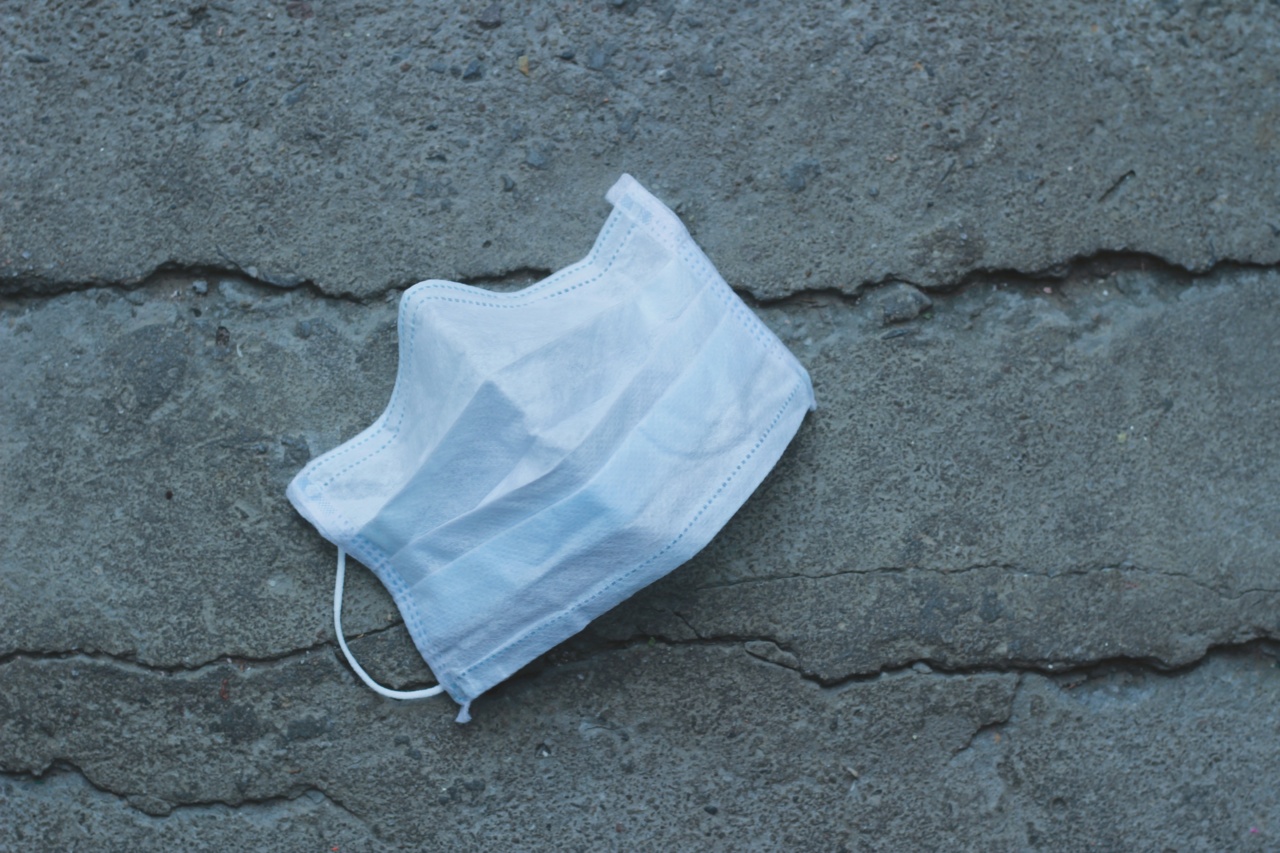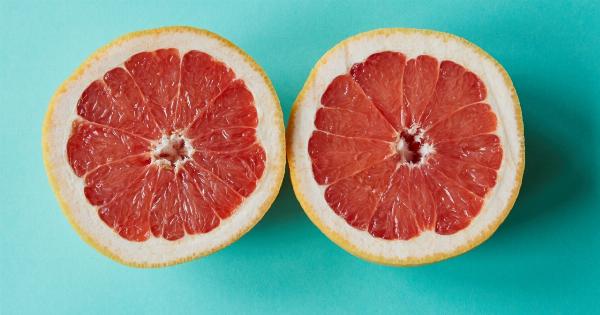Urinary tract stones, a common health issue, mainly affects people between the age of 20 – 50. These stones can cause extreme pain and discomfort and may require medical attention for removal.
In this article, we aim to help you understand what urinary tract stones are, the types of stones, their symptoms, prevention, and treatment.
What are Urinary Tract Stones?
Urinary tract stones, also known as kidney stones, are small, hard deposits that form in the kidneys, ureter, bladder, or urethra. These stones are formed due to an abnormal concentration of urine that causes mineral crystals to stick together.
These stones may vary in size, shape, and location. In some cases, stones may move around the urinary tract, leading to pain and discomfort.
Types of Urinary Tract Stones
There are several types of urinary tract stones. The most common types include:.
- Calcium stones: These are the most common type of urinary tract stones, and they are typically composed of calcium oxalate or calcium phosphate.
- Uric acid stones: These stones form due to high levels of uric acid in the body.
- Struvite stones: These stones form due to an infection in the urinary tract.
- Cystine stones: These stones are rare and typically form due to a genetic disorder that affects the kidneys.
Symptoms of Urinary Tract Stones
The symptoms of urinary tract stones may vary from person to person. However, common symptoms include:.
- Severe pain in the back, side or lower abdomen.
- Painful urination
- Discolored or cloudy urine
- Nausea and vomiting
- Fever and chills
- Frequent urination or the inability to urinate
Prevention of Urinary Tract Stones
Prevention of urinary tract stones involves lifestyle changes and dietary modifications. Here are some ways to prevent the formation of urinary tract stones:.
- Drink plenty of water to stay hydrated. It helps to dilute urine and can help prevent the formation of stones
- Limit the consumption of animal protein like red meat and dairy, which increases the level of calcium in the body that can contribute to stone formation
- Avoid foods that contain high levels of oxalate, such as spinach, nuts, and chocolate, as they can lead to calcium oxalate stones.
- Limit your intake of salt and sugar, which can increase the risk of stone formation.
- Exercise regularly to maintain a healthy weight and avoid obesity, which can contribute to stone formation.
Treatment of Urinary Tract Stones
Treatment for urinary tract stones depends on the size, location, and type of stone. Small stones may pass out through the urine without any medical intervention. However, larger stones may require medical treatment such as:.
- Medications: Doctors may prescribe medications that can help break down and dissolve stones.
- Lithotripsy: This is a non-invasive procedure that uses shock waves to break the stones into smaller pieces, making it easier to pass out through the urine.
- Surgery: In some cases, surgery may be required to remove the stones if they are too large to pass out through the urine.
- Hospitalization: severe cases, especially if there is an infection or severe pain, may require hospitalization to manage symptoms and complications
Conclusion
Urinary tract stones can cause severe pain and discomfort, but prevention is possible through dietary modifications and lifestyle changes. In case of symptoms, early detection, and prompt treatment is necessary to avoid complications.
It is important to follow your doctor’s advice and take medications as prescribed to prevent the recurrence of urinary tract stones.






























